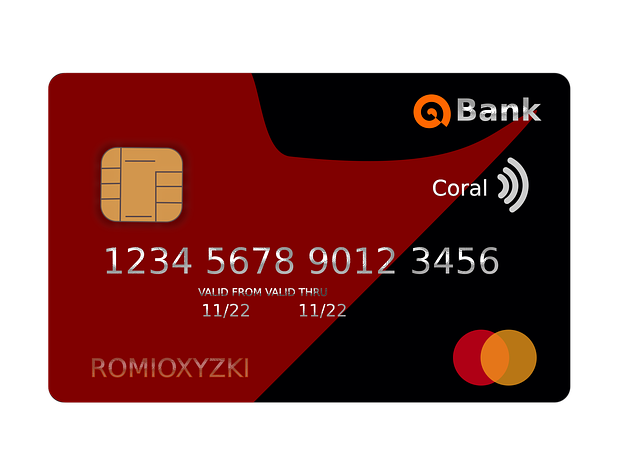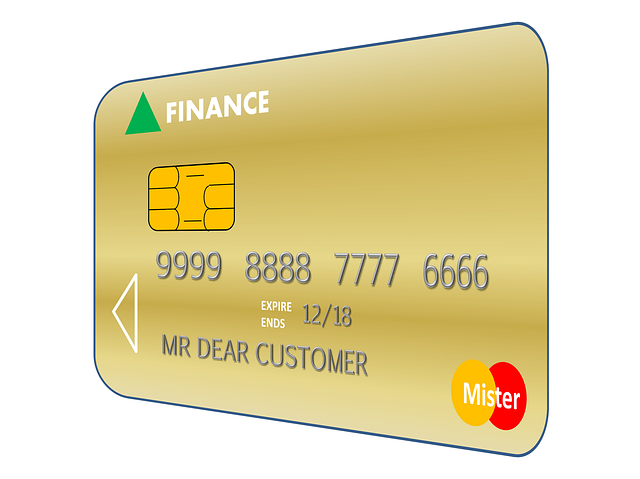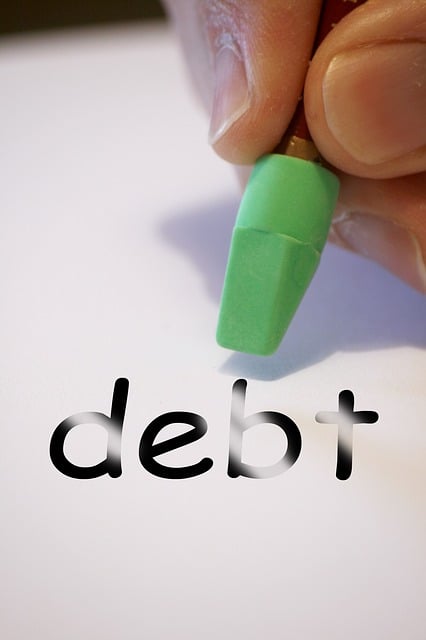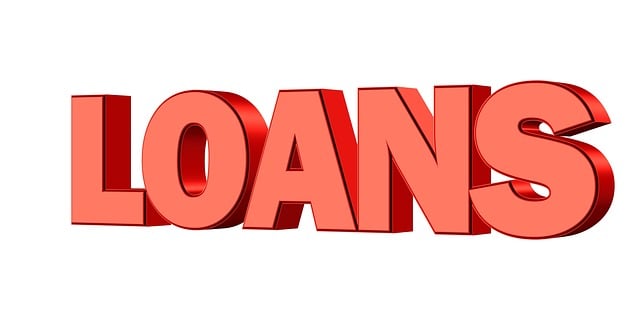Debt consolidation in South Africa is a popular strategy for managing multiple debts efficiently. By combining various debt sources into one loan with lower interest rates, borrowers can simplify repayment processes and save money. This method is especially beneficial in countries like South Africa where credit is readily accessible, helping citizens cope with rising debts from credit cards, personal loans, and mortgages. Through debt consolidation, South Africans can regain financial control, improve credit scores, and work towards stability despite high living costs and economic inequality. Evaluating your financial situation, comparing consolidation options, and choosing a loan with favorable terms are key steps to successfully consolidating debt in South Africa.
In the face of rising costs and economic challenges, many South Africans find themselves burdened with multiple debts. A comprehensive guide to debt consolidation offers a much-needed lifeline. This article illuminates the consolidation of debt in South Africa, explaining its benefits and providing essential insights for navigating this process effectively. From understanding the concept to choosing the right option, we demystify debt consolidation steps, empowering individuals to regain control over their financial future.
- Understanding Debt Consolidation: A Simple Explanation
- The Current State of Debt in South Africa
- Benefits of Debt Consolidation for South Africans
- How to Choose a Suitable Debt Consolidation Option
- Step-by-Step Guide to Effectively Consolidate Your Debts
Understanding Debt Consolidation: A Simple Explanation

Debt consolidation is a financial strategy where multiple debts are combined into one single loan with a lower interest rate. This simple yet powerful tool helps South Africans manage their debt more effectively by simplifying repayment processes and potentially saving money on interest payments. In a country like South Africa, where credit is readily accessible, it’s not uncommon for individuals to accumulate several debts from various sources, such as credit cards, personal loans, and store cards.
By consolidating these debts, borrowers can pay off all their obligations with a single lender, often at a lower interest rate than the average on their original debts. This approach streamlines repayment schedules, making it easier for South Africans to stay on top of their financial commitments. The consolidation process involves borrowing a new loan to settle existing debts, effectively consolidating them into one manageable debt with potentially more favourable terms.
The Current State of Debt in South Africa

In South Africa, the current state of debt among its citizens is a significant concern. According to recent statistics, many South Africans are burdened with multiple debts, often stemming from various sources such as credit cards, personal loans, and even mortgage payments. This complex web of debt is further exacerbated by rising living costs, unemployment, and economic inequality, making it challenging for individuals to manage their financial obligations effectively. As a result, the consolidation of debt has emerged as a popular strategy among South Africans seeking financial relief and stability.
The consolidation of debt in South Africa involves combining multiple debts into a single loan with a lower interest rate and more manageable repayment terms. This approach allows borrowers to simplify their financial commitments, reduce the overall interest paid over time, and potentially free up additional funds for essential expenses or savings. With the right consolidation plan, South Africans can take control of their finances, improve their credit scores, and work towards achieving long-term financial stability despite the challenges posed by their current debt situation.
Benefits of Debt Consolidation for South Africans

For many South Africans juggling multiple debts, the prospect of consolidation can be a game-changer. The consolidation of debt involves combining several loans or credit facilities into one single loan with a lower interest rate and potentially more manageable repayment terms. This simple step can have significant benefits for individuals burdened by high-interest rates and multiple monthly payments. By consolidating their debts, South Africans can free up cash flow, reduce the overall cost of borrowing, and simplify financial management.
It allows for better financial control and predictability as borrowers no longer need to juggle multiple repayment dates. Moreover, a consolidated debt often comes with lower administrative costs due to reduced interaction with several lenders. This is especially beneficial in South Africa where high interest rates can quickly spiral out of control. Consolidation provides a clear path to debt resolution, making it an attractive option for anyone looking to regain financial stability and security.
How to Choose a Suitable Debt Consolidation Option

When considering a debt consolidation option in South Africa, it’s crucial to evaluate your financial situation and goals. The first step is to list all your debts, including credit cards, personal loans, and any other outstanding balances. Calculate the interest rates associated with each debt, as this will impact your overall savings when consolidated. Understanding these details allows for informed decision-making.
There are several consolidation options available, such as balance transfer cards, personal loans for debt consolidation, or even refinancing through banks. In South Africa, many financial institutions offer tailored packages to suit different needs. Compare the terms, interest rates, and fees associated with each option. Look out for low-interest rates, flexible repayment periods, and any additional benefits like credit counselling services, which can significantly aid in managing your debts effectively.
Step-by-Step Guide to Effectively Consolidate Your Debts

Debt consolidation is a powerful tool for South Africans burdened by multiple debts. Here’s a step-by-step guide to help you navigate this process effectively in South Africa:
1. Assess Your Financial Situation: Begin by understanding your current financial state. List all your debts, including credit card balances, personal loans, and any other outstanding payments. Calculate the total amount owed and the interest rates associated with each debt. This step is crucial as it helps identify areas where consolidation can offer immediate relief.
2. Research Consolidation Options: Explore various debt consolidation options available in South Africa. Common methods include home loans, personal loans, or credit card balance transfers to low-interest accounts. Compare different lenders and their interest rates, terms, and conditions. Online tools can be useful for comparing offers side by side, making it easier to find the most suitable consolidation option tailored to your needs.
3. Choose a Consolidation Loan: Select a consolidation loan that best suits your financial situation. Consider factors like interest rates, repayment periods, and any associated fees. A lower interest rate will save you money in the long run. Ensure the loan terms align with your ability to repay without causing further financial strain.
4. Apply for the Consolidation Loan: Gather all necessary documents and apply for the chosen consolidation loan. Provide accurate information about your income, employment, and existing debts. Lenders will assess your application and determine eligibility based on their criteria. Keep in mind that strict credit checks are part of this process.
5. Consolidate Your Debts: Once approved, use the consolidation loan to pay off all your eligible debts. This involves settling each debt separately with the corresponding lender and closing those accounts. By consolidating, you simplify your repayment process and potentially reduce overall interest payments.
Debt consolidation offers South Africans with multiple debts a clear path to financial stability. By understanding the process and choosing the right option, individuals can simplify their finances, reduce interest rates, and regain control over their money. The consolidation of debt in South Africa is not just a strategy but a step towards a brighter financial future, allowing folks to break free from the burden of excessive debts and embark on a journey of financial wellness.







